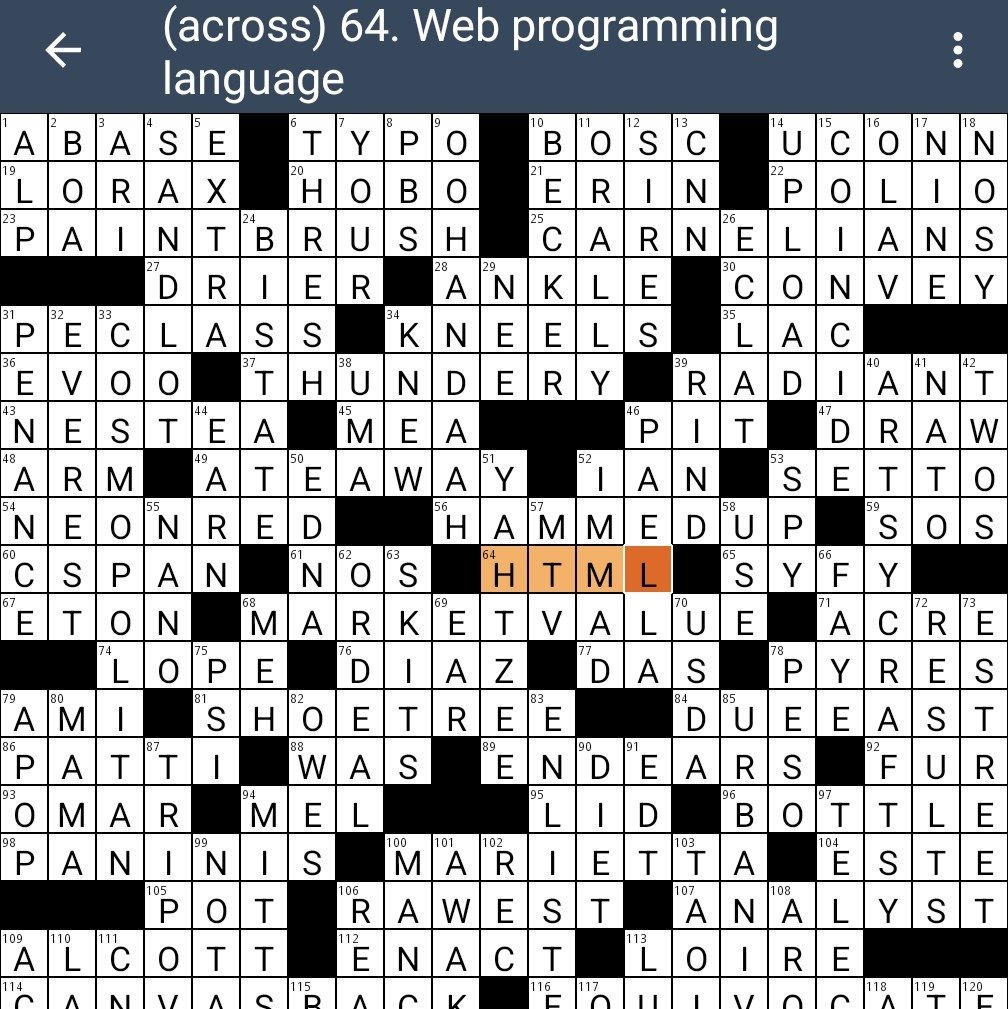this post was submitted on 06 Mar 2024
524 points (96.1% liked)
Programmer Humor
32559 readers
594 users here now
Post funny things about programming here! (Or just rant about your favourite programming language.)
Rules:
- Posts must be relevant to programming, programmers, or computer science.
- No NSFW content.
- Jokes must be in good taste. No hate speech, bigotry, etc.
founded 5 years ago
MODERATORS
you are viewing a single comment's thread
view the rest of the comments
view the rest of the comments

That's such a weird point to make. Is it because to you, it seems like the line drawn is arbitrary? I cannot imagine any other reason. Certain words just mean certain things.
Markup languages are exactly as much "programming" as you marking a word and hitting "bold". Which is to say, nothing at all. People are wrong all the time, and I have a very limited amount of fucks to give when it happens.
As for Scratch, it is a programming language. So, why would you think it's a logical next step for me to say otherwise? Next, you'll say something remarkably dumb in response. Resist the temptation, and do something more productive.
If he had said "LaTeX" or "roff", that might have been a good example of something that blurs the line between the two. They aren't specifically intended to be programming languages, but with a powerful enough macro system, a markup or typesetting language can be used in the same way as something like Brainfuck.
Absolutely. Those you suggest there are good examples.
Good enough that, instead of "is/isn't" programming language, it would be more a "ah, so, how do you define that then?". Now that I've had some sleep, one could argue that I could have been nicer and suggested that approach for HTML as well. After all, it's just words that mean stuff, and transfer a concept between people, that translate to the same (ish) idea. The moment the latter isn't the case, it's no longer very useful for the former.
Most disagreements, I find, are just cases of different understandings. Discussions worth having is when both are correct but different, and both want to figure out why they differ. So, on second thought, I think I was appropriately rude ^_^
Both LaTeX and roff are Turing complete, but they are also DSLs with a somewhat narrow "domain". Sounds exactly right that these blur the lines between what is/isn't. You could even argue that claiming one or the other is just one way to express how you understand that difference.